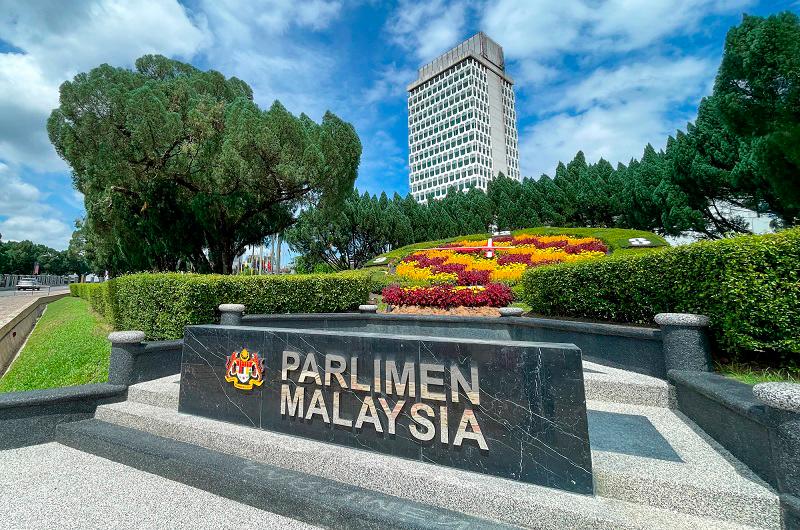PETALING JAYA: Parliament convenes today for a rare special sitting as Malaysia confronts a critical economic flashpoint – the newly imposed US tariffs on Malaysian exports.
The urgent session is expected to be a watershed moment, drawing lawmakers from across the political spectrum into what could be a heated debate over the far-reaching consequences of the tariffs and the government’s strategy in response.
The atmosphere is tense. Businesses are increasingly anxious, economists are scrambling to assess the fallout, and the public is eager for answers.
At the heart of today’s session will be high-level ministerial briefings offering the first comprehensive look into the government’s internal assessments. Which sectors will bear the brunt of the tariffs? How severe will the economic shockwaves be? Key industries — from electronics and manufacturing to agriculture — are in the spotlight as MPs demand clarity on which products are affected, the scale of the duties and whether recent reports of a temporary suspension hold any weight.
This special sitting is not just about identifying the problem — it’s about finding solutions and forging a path forward.
With jobs at risk and investor confidence wavering, all eyes are on Putrajaya. What levers can the government pull to cushion the blow? Is there room for renewed diplomatic engagement with Washington? What domestic policy recalibrations are needed to help local industries remain competitive? These are the urgent questions dominating the national discourse. Malaysians expect more than vague assurances — they want a concrete, forward-looking plan.
Ahead of the sitting, Universiti Teknologi MARA (UiTM) Department of Economics and Financial Studies senior lecturer Dr Mohamad Idham Md Razak flagged several critical blind spots in the current discourse on the tariffs.
Chief among them, he noted, is the impact on low-income workers and small businesses — the groups most likely to be hardest hit.
“The conversation so far has largely overlooked the vulnerability of low-wage workers and small enterprises.
“If there are no safeguards, the tariffs could deepen the already widening gap in income inequality. It is crucial that we consider the social consequences of these trade measures.”
Mohamad Idham said Malaysia must not sacrifice long-term sustainability for short-term gains in the rush to mitigate the economic damage.
“The environmental costs of shifting towards cheaper, less sustainable production models have barely been discussed.
“We need a strategy that combines social protection for vulnerable workers with incentives for green transitions. If we’re not careful, we risk trading long-term economic resilience for short-term ecological harm.”
Mohamad Idham’s concerns echo those of many Malaysians who will be closely following the proceedings.
Businessman Arief Abdullah said today’s parliamentary session is no ordinary sitting.
“It marks a critical juncture in the country’s economic and political journey — one that demands more than theatrics. It calls for unity, clarity and firm resolve.
“The stakes are high. Malaysia’s future in an increasingly volatile global trade landscape hinges on the decisions made today. Partisan squabbles must give way to a cohesive national response. The country needs a unified strategy that restores business confidence and safeguards its economic foundation,” he said, adding that Parliament must rise to meet the moment.









